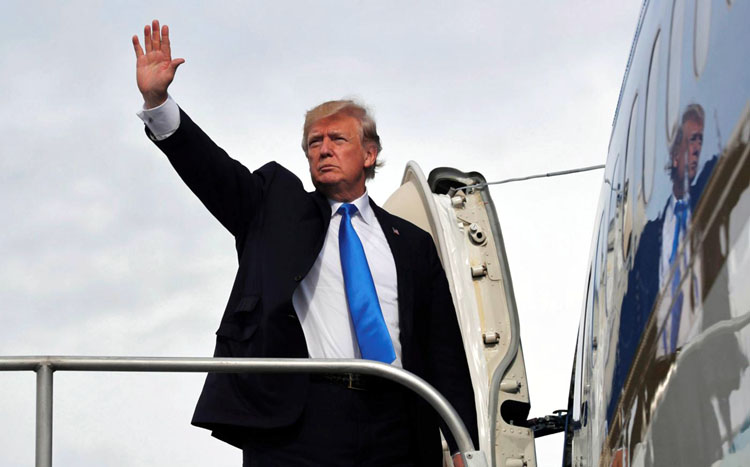The US-EU relation in a Trump Administration
“As you go forward, you can be confident that your greatest ally and friend, the United States of America, stands with you, shoulder-to-shoulder, now and forever. Because a united Europe remains the hope of the many and a necessity for us all.” With those unequivocal words, President Obama concluded his “Address to the People of Europe” delivered in Berlin, April 25, 2016; a few months later, the 44th President addressed once again —and for the last time as a President— a gesture of friendship and consideration to his European partners, as he chose the Old Continent for his farewell foreign tour, visiting Germany and Greece. The relations between the Obama Administration and its European counterparts, although consistently cordial, had nevertheless not always been as warm as they were in 2016; in particular, as he stepped into the Oval Office, some policies of the former Chairman of the Senate Foreign Relations Subcommittee on European Affairs, such as the “Russian Reset” and the “Pivot to Asia,” indeed made the European leaders fear an American disinterest in the century-old American-European alliance. Yet, those tensions and worries were to be short-lived, as President Obama demonstrated on many occasions that he was willing to work in close cooperation with the European heads of states and the EU leadership on decisive issues like, to name but a few, the financial crisis of 2008-2009, the Iran nuclear deal, and the fight against global warning, culminating in the Paris Agreement. What is more, President Obama had consistently expressed, throughout both of his terms, his support for a strong and integrated European Union, to the point of getting occasionally involved in the EU internal affairs. He notably visited London a couple of months before the United Kingdom European Union membership referendum, and strongly warned the British people against a potential Brexit. “The European Union doesn’t moderate British influence; it magnifies it,” he declared, before stressing as a conclusion of his speech the exceptional ties which have bound and still bind the Atlantic partners, stating “together, the United States, the United Kingdom, and the European Union have turned centuries of war in Europe into decades of peace, and worked as one to make this world a safer, better place.” Yet, it seems that the transition from the Obama to the Trump Administration will trigger— and actually has already triggered— a radical shift in US-EU relations.
![Before you leave check our complete range of Essay for CSS/PMS [catlist name="English Essay"]](https://www.csstimes.pk/wp-content/uploads/2020/09/Essay-on-Pakistan-Foreign-Policy-copy.jpg)
